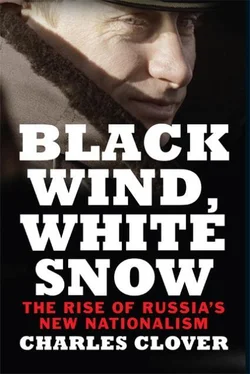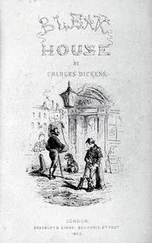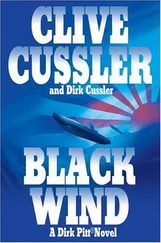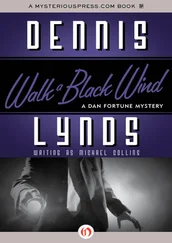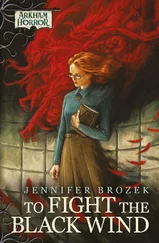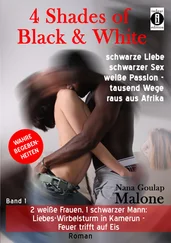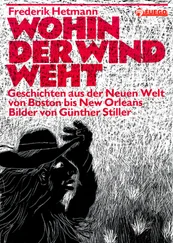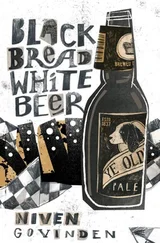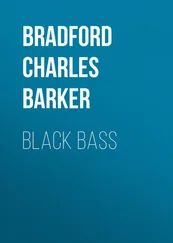Dugin’s wife Natalya stepped in to help, and I thank her for the hours we spent discussing the history of the movement that her husband led.
Pavel Zarifullin and I downed many pints of lager at the John Bull Pub in Moscow, while discussing political theories, events and the history of the Eurasian Youth Union, which he led until 2009. Valery Korovin, Dugin’s acolyte, Old Believer and theoretician of network wars, sat with me for a number of interviews, as did Leonid Savin.
Likewise Gleb Pavlovsky and Marat Guelman, spin doctors extraordinaire, were massively helpful both during my time as a journalist and in helping me to track the infiltration of nationalist ideas into the political mainstream.
Eduard Limonov, when he was not being stuffed into police paddy-wagons, was patient with my questions on the National Bolshevik Party.
Caroline Dawnay, my London agent, sat patiently with me while I waded through the process of deciding to write this, and believed in it enough to take it to Yale University Press. I am equally grateful to Zoe Pagnamenta, who represents me in the US, who found me by reading a magazine piece I had written about Fallujah and showed impeccable judgement in signing me up. I’m incredibly grateful to both for their patience and great ideas. Robert Baldock of Yale University Press was patient and pushy in the appropriate measures, and thanks to him this project is where it is. Also thanks to Yale’s Rachael Lonsdale, Lauren Atherton and Bill Frucht, as well as to Clive Liddiard, who edited the manuscript and turned an incoherent jumble of gobbledygook into something resembling a book.
A posthumous thanks to Vladimir Pribylovsky, a critic of the Kremlin and specialist in Russian nationalism who spent several hours helping me with the subject matter. As I write comes the news that he has been found dead in his Moscow flat. I hope his death will be investigated.
I owe an immense debt of gratitude to Katerina Shaverdova and Elena Kokorina of the Financial Times Moscow office, who frankly made possible the research that went into this, tracking down impossible-to-find phone numbers, helping me set up interviews and locating interesting articles.
Thanks ever so much to my FT colleagues Catherine Belton, Courtney Weaver and Neil Buckley, who made coming to work every day a joy and a laugh, and who taught me to be a better journalist.
And most of all, thanks to the love of my life, Rachel, without whom I would never have had all these wonderful adventures. She has read various versions of this book, has given me much constructive criticism – and has made me promise not to write another one ‘too soon’. And thanks to our lovely daughter Jaya, my father, Frank, the best professor I ever had, and my late mother, Dorothy, who I wish could have seen this.

1 ‘The question of “to where” has become more important than “from where”’: Roman Jakobson (left) and Nikolay Trubetskoy (right) in Brno, 1933.

2 ‘Russia in search and struggle, in a bid for a city not of this world’: Petr Savitsky.

3 ‘You are my son and my horror’: Russian poets Nikolay Gumilev and Anna Akhmatova with their son Lev, 1916.

4 ‘It was basically like reading a novel. Unlike most history books, you read until the last page’: Lev Gumilev in 1983.

5 A Soviet Virgil: Yury Mamleev.

6 ‘The St Cyril and Methodius of fascism’: Alexander Dugin.

7 Neal Cassady to Dugin’s Kerouac: Gaidar Dzhemal.

8 Alain de Benoist in his Paris office.

9 The nightingale of the General Staff: Alexander Prokhanov in 1992.

10 Boris Yeltsin addresses the crowd in front of the White House, 1991.

11 It’s Me, Eddie: Eduard Limonov in 1986.

12 Inside the besieged White House, October 1993.

13 ‘Operation Crematorium’: a truck rams the entrance to Ostankino in October 1993.

14 ‘I was in a very radical mood’: Valery Korovin on how he came to find Dugin.
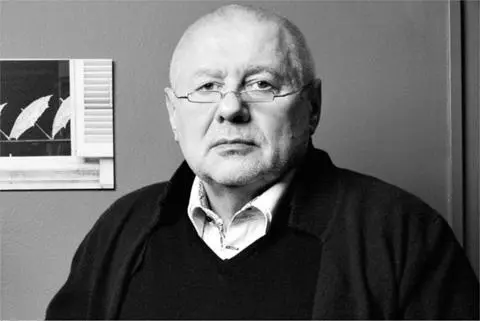
15 ‘The Kremlin needed people who were free of intellectual complexes’: spin doctor Gleb Pavlovsky in 2012.
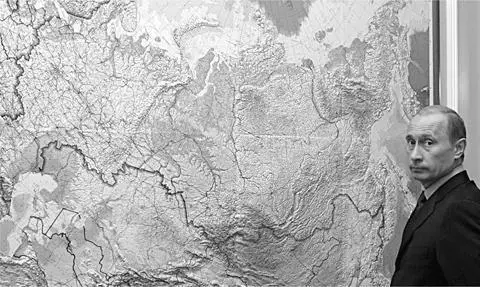
16 ‘We are a victorious people! It is in our genes, in our genetic code’: Vladimir Putin in front of a map of Russia and the Commonwealth of Independent States, 2006.
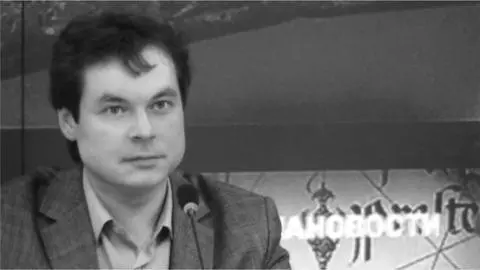
17 ‘From the pitch-black darkness of nothingness, a new Russia burst forth in front of our eyes’: Pavel Zarifullin, 2012.
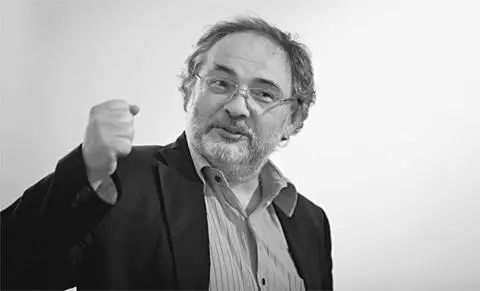
18 ‘In 1996, we beat the Communists, but in so doing, we gave the regime a tool for staying in power until the end of time’: Marat Guelman.
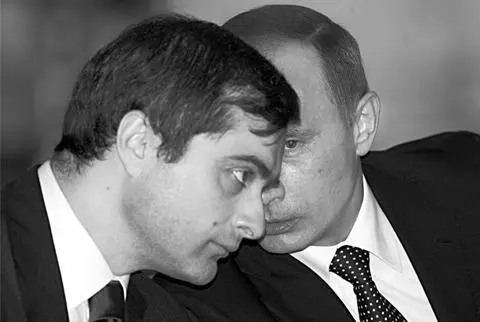
19 Kremlin demiurge Vladislav Surkov, 2006. He operated an ‘ideological centrifuge’ which ‘scattered all ideological discourses to the periphery’.
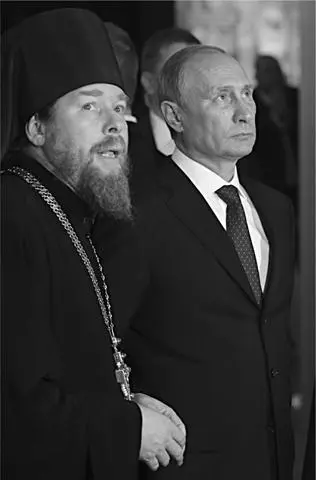
20 ‘You can believe those rumours if you want’: Putin’s confessor, Father Tikhon, in 2014.
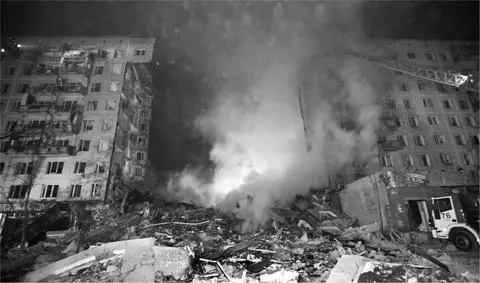
21 The Moscow apartment bombings, September 1999.
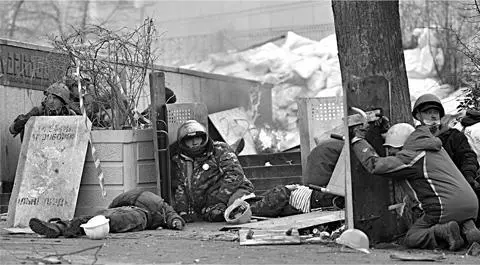
22 People sheltering during the Kiev sniper massacre, February 2014.
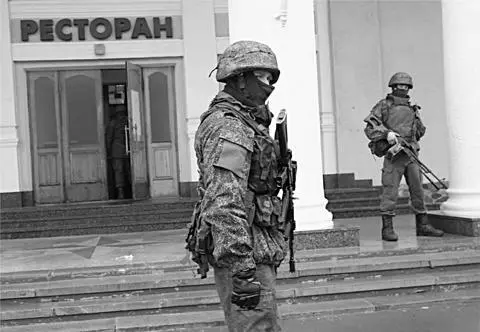
23 The ‘polite people’: unmarked Russian troops occupy Crimea, patrolling Simferopol International Airport, 2014.
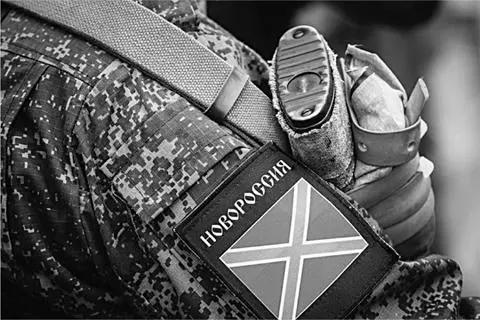
24 A ‘Novorossiya’ military badge worn throughout the war in Donbass.
Читать дальше
